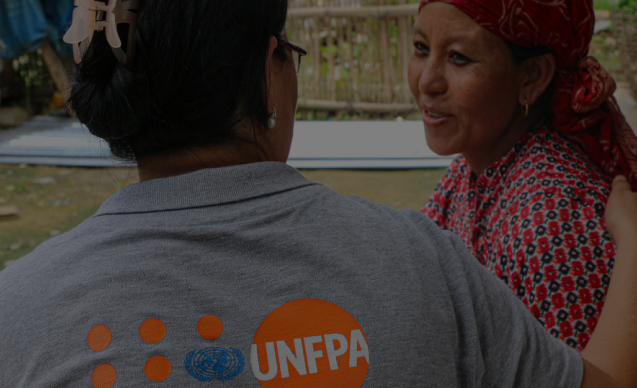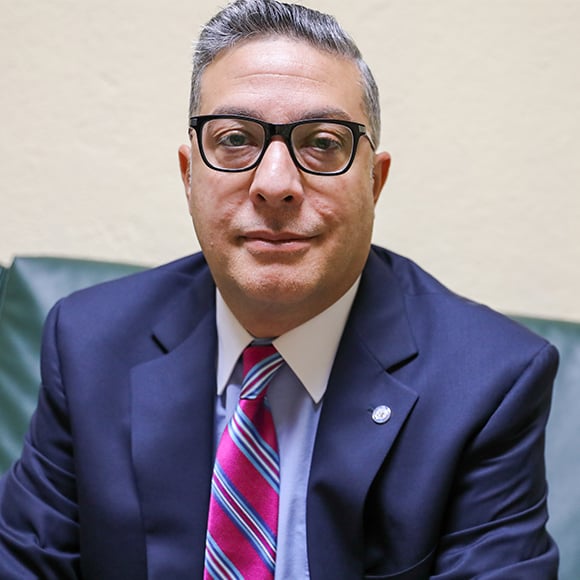UNFPA in Haiti
UNFPA, the United Nations Population Fund, is an international development agency working for the right to health and equal opportunities for everyone, women, men and children. UNFPA supports countries to use population data in formulating policies and programs to reduce poverty and to ensure that every pregnancy is wanted, every childbirth is safe, and every young person's potential is fulfilled.
UNFPA, the United Nations Population Fund, helps women and young people lead healthy and productive lives.
UNFPA is the leading United Nations agency contributing to a world where:
- Every pregnancy is desired
- Every childbirth is safe
- Each young person reaches his full potential.
We are making real progress. Since UNFPA began operations in 1969, the number and rate of women dying from complications related to pregnancy or childbirth have been halved. Families are smaller and healthier. Young people are more independent and have greater opportunities.
But a lot remains to be done. Almost a billion people continue to live in extreme poverty. Reproductive health problems are among the leading causes of death and disability among women in developing countries. Young people are most at risk of contracting HIV and unwanted pregnancies. More than 100 million young women are at risk of marrying early and facing discrimination and violence.
Guided by the Program of Action adopted at the International Conference on Population and Development (ICPD), held in Cairo in 1994, and the Millennium Development Goals, UNFPA partners with governments, society civilian,s and other organizations to advance our mission. The ICPD Beyond 2014 Global Report was released in February 2014, revealing the progress made and the important work that remains to be done. The actions and recommendations set out in the report will be crucial for achieving the objectives of the ICPD Program of Action and its link with the post-2015 development agenda.
UNFPA has been operating in Haiti since the 1970s. It contributes to the achievement of the Sustainable Development Goals (SDGs), including good health and well-being, the promotion of gender equality and the empowerment of women and adolescent girls, with an emphasis on poverty eradication. Its objective is to "achieve universal access to sexual and reproductive health and reproductive rights and reduce maternal mortality with a view to accelerating progress in the implementation of the Program of Action resulting from the International Conference on population and development, in order to improve the living conditions of women, adolescents and young people, based on population dynamics, human rights and gender equality”.
In Haiti, UNFPA works in concert with national authorities, civil society - including the private business sector, academia, religious leaders and human rights organizations.




